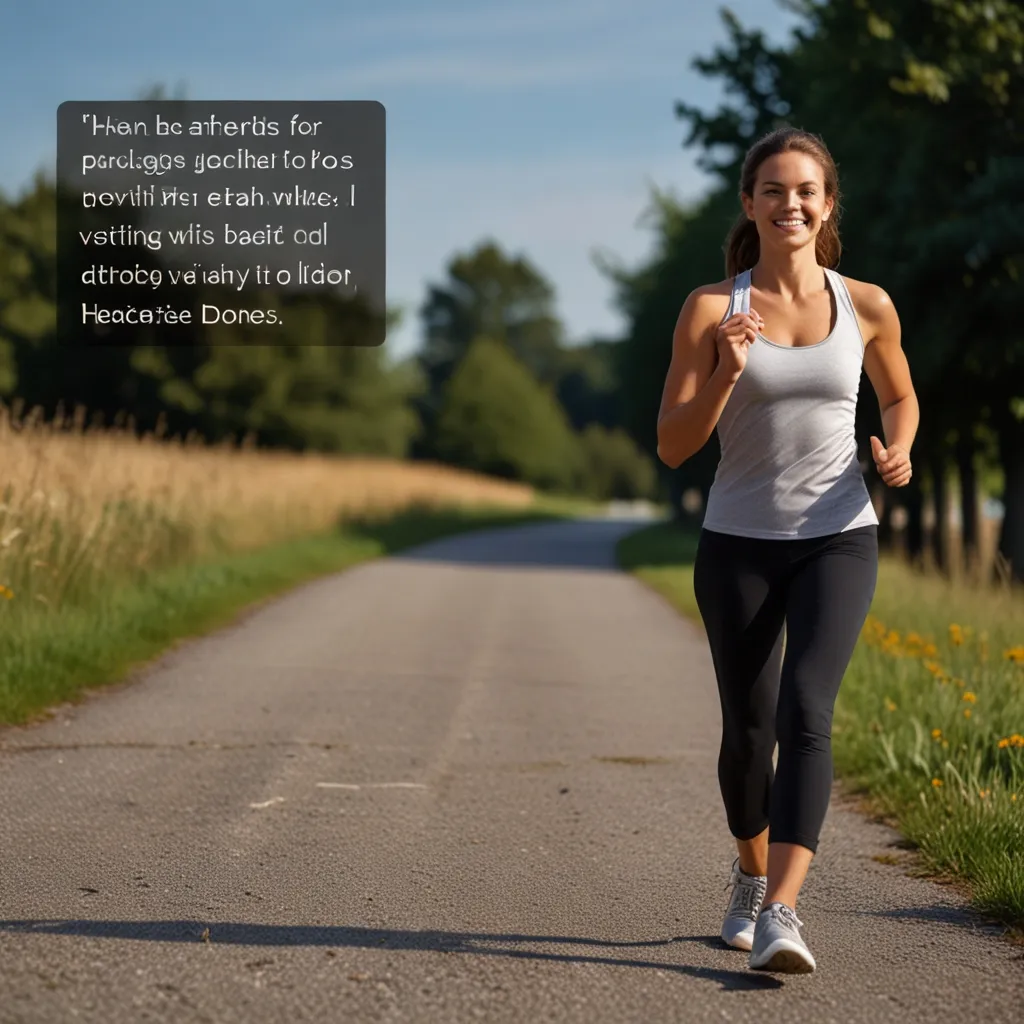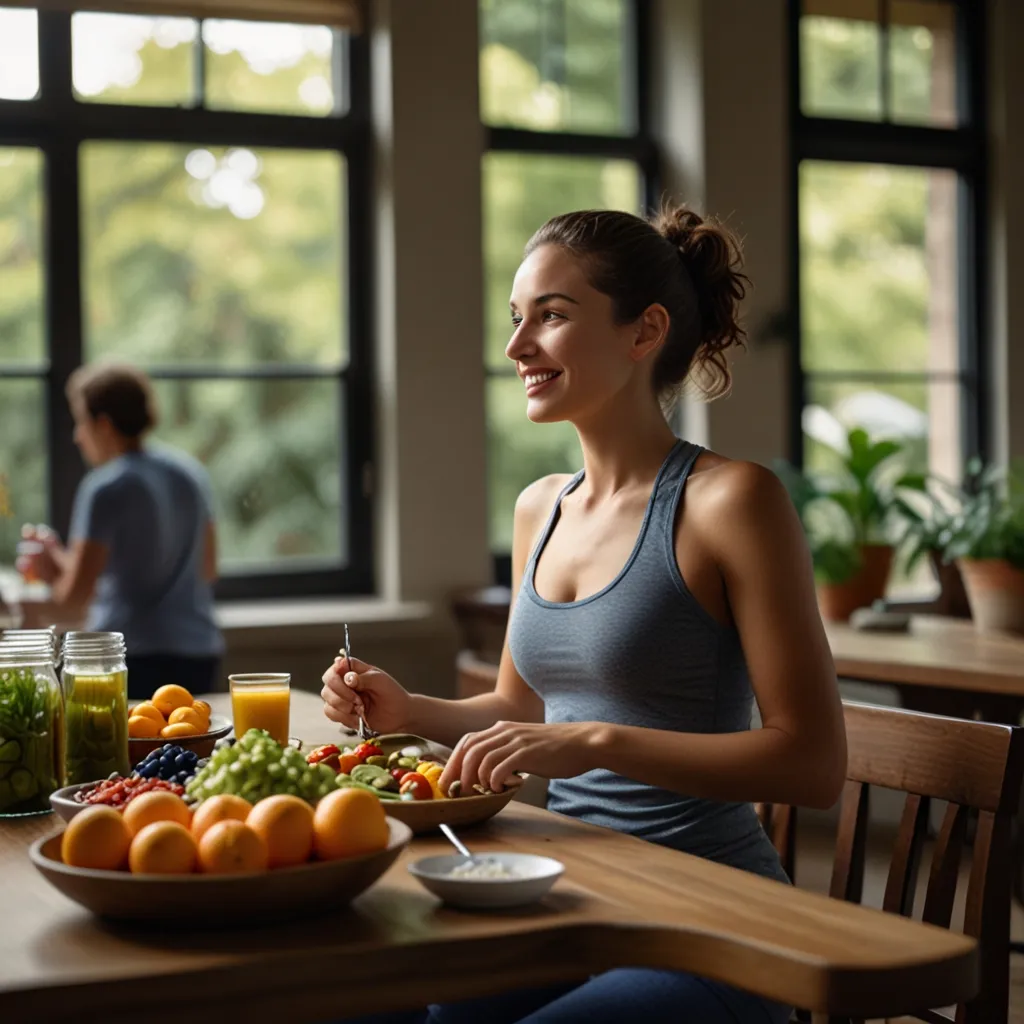Building strong bones is essential for keeping yourself healthy, especially as you get older. Bone density, which measures the amount of calcium and other minerals in your bones, is a crucial aspect of bone health. There are some natural, effective ways to boost bone density that can make a big difference in your life.
Bone density is a vital indicator of how strong and resilient your bones are. High bone density means your bones are less likely to break, while low bone density can lead to osteoporosis, a condition where bones become fragile and are more prone to fractures. Typically, peak bone mass is reached by the age of 30, and from then on, you might start losing bone mass. But don’t worry, there are plenty of ways to keep your bones strong or even improve their density.
One of the best ways to improve bone density is to stay active. Exercise, especially weight-bearing exercises like walking, running, and dancing, works wonders for your bones. These activities put stress on the bones, which encourages your body to create new bone tissue. Lifting weights can also help, as it strengthens both muscles and bones. Research shows that older adults who regularly do weight-bearing and resistance exercises have higher bone density and a reduced risk of fractures.
Eating a balanced diet loaded with essential nutrients is another key to healthy bones. Calcium tops the list as the most important mineral for bone health. Make sure you’re getting enough calcium through foods like dairy products, leafy greens (think kale and broccoli), and calcium-fortified foods. Vitamin D is just as important because it helps your body absorb calcium. You can get Vitamin D from sources like fatty fish, fortified dairy products, and even just spending time in the sunlight.
Vegetables are not only good for overall health, but they’re also fantastic for your bones. They’re packed with vitamin C, which encourages the production of bone-forming cells. Some studies even suggest that vitamin C’s antioxidant properties might protect bone cells from damage. Green and yellow veggies, in particular, are linked to increased bone mineralization in kids and the maintenance of bone mass in young adults. For example, older women who eat onions frequently have been found to have a lower risk of osteoporosis.
Protein is another important nutrient for bone health because about half of your bone structure is made of protein. Lacking enough protein can lead to bone loss, but getting plenty of it can help preserve bone health as you age and even during weight loss. Research indicates that older women who consume a higher amount of protein have better bone density and a lower risk of fractures.
Beyond diet and exercise, some lifestyle choices also influence bone density. Keeping alcohol consumption in check is important, as too much alcohol can harm your bones. Smoking is also bad news for bone health as it can lead to bone loss. Maintaining a healthy weight matters, too - being underweight increases your risk of osteoporosis.
Although a balanced diet and regular exercise are the best ways to ensure healthy bones, sometimes supplements might be necessary. If you’re worried about your bone density or have risk factors for osteoporosis, it’s wise to check with your doctor. They might suggest a bone density test to evaluate your bone health and decide if you need supplements or medication.
Improving bone density involves a mix of physical activity, good nutrition, and smart lifestyle choices. By incorporating weight-bearing exercises, enjoying a diet rich in calcium and vitamin D, and keeping a healthy weight, you can boost your bone health significantly. It’s never too late to start caring for your bones. Even small changes can lead to big improvements over time.






